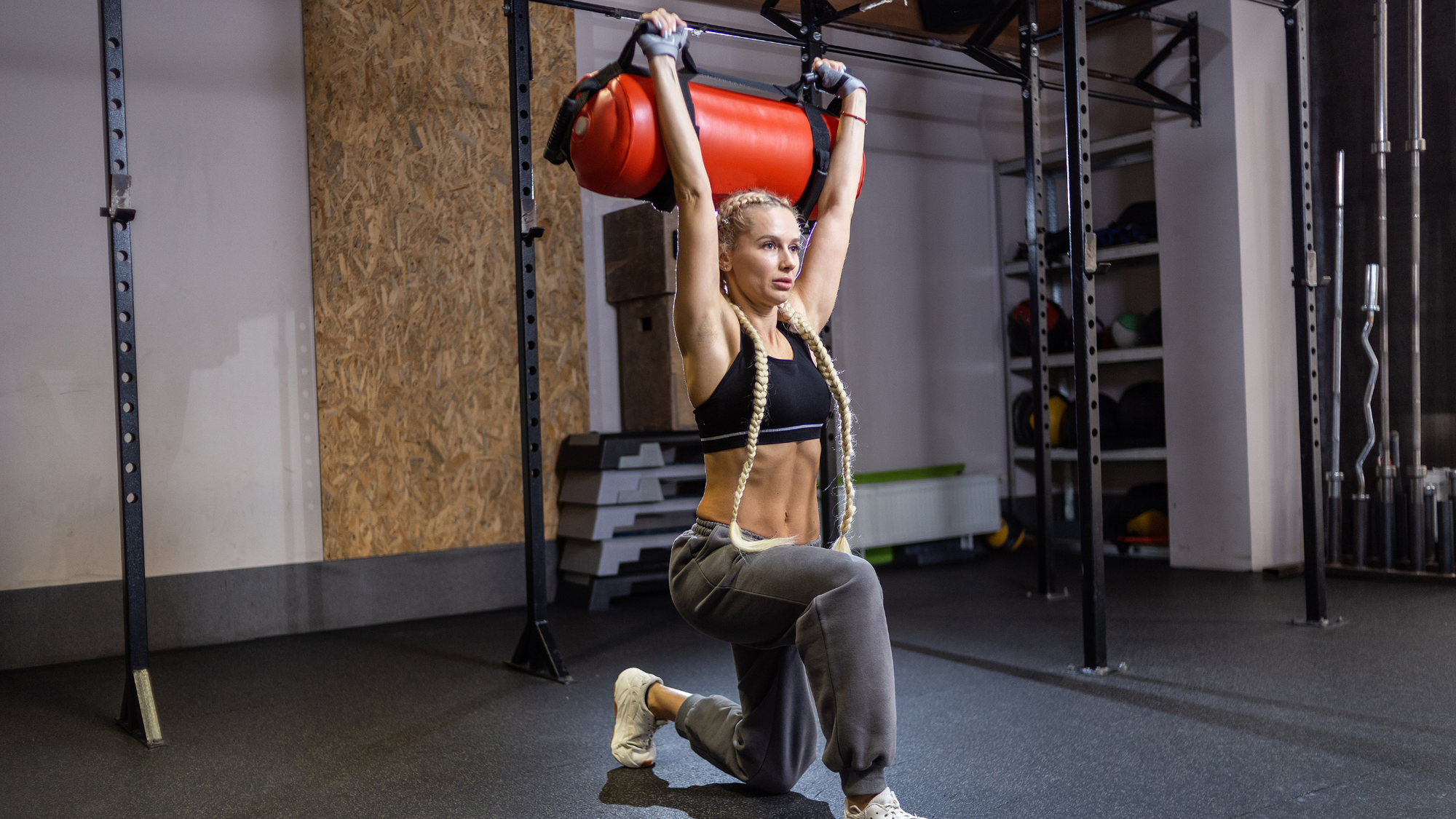
The Benefits of Functional Training: Building Strength for Everyday Life
By Yuma Bella Noir Admin
In the ever-evolving world of fitness, functional training has gained significant popularity for its practical approach to exercise. Unlike traditional workouts that often focus on isolated muscle groups, functional training emphasizes movements that mimic everyday activities. This style of training is designed to improve your ability to perform daily tasks with greater ease, efficiency, and safety. Whether you're lifting groceries, climbing stairs, or playing with your kids, functional training can enhance your strength and mobility, making life’s daily demands more manageable. Let's explore the benefits of functional training and why it’s a valuable addition to any fitness routine.
1. Improves Everyday Functional Movements
The primary goal of functional training is to enhance your ability to perform daily activities. This type of training involves exercises that mimic real-life movements, such as squatting, bending, pushing, pulling, and lifting. By training your body to move more efficiently, you can reduce the risk of injury and improve your performance in everyday tasks. For example, squats can make it easier to get up from a chair, while deadlifts can help you lift heavy objects safely.
2. Enhances Core Stability
A strong core is essential for maintaining good posture, balance, and stability. Functional training often incorporates exercises that engage the core muscles, including the abdominals, obliques, and lower back. Movements like planks, Russian twists, and medicine ball throws help build a strong and stable core, which is crucial for supporting the spine and preventing back pain. A stable core also improves your overall strength and coordination, making it easier to perform other exercises and daily activities.
3. Increases Overall Strength and Mobility
Functional training focuses on multi-joint, compound movements that work multiple muscle groups simultaneously. This approach not only builds strength but also improves flexibility and mobility. Exercises like lunges, kettlebell swings, and push-ups challenge your muscles in different ways, promoting functional strength that can be applied to various physical tasks. Enhanced mobility ensures that your joints move through their full range of motion, reducing the risk of stiffness and injury.
4. Boosts Balance and Coordination
Balance and coordination are critical components of functional fitness. Functional training often includes exercises that challenge your stability, such as single-leg deadlifts, balance board exercises, and stability ball workouts. These exercises engage your stabilizer muscles and improve proprioception—the body's ability to sense its position in space. Improved balance and coordination can enhance your athletic performance and reduce the likelihood of falls and injuries in daily life.
5. Supports Weight Management and Cardiovascular Health
Functional training can be an effective way to burn calories and manage weight. Many functional exercises, such as burpees, box jumps, and mountain climbers, are high-intensity and elevate your heart rate. This not only helps with fat loss but also improves cardiovascular fitness. By incorporating functional training into your routine, you can boost your metabolism, improve heart health, and achieve your weight management goals.
6. Reduces Risk of Injury
One of the key benefits of functional training is its focus on injury prevention. By training the body to move more efficiently and strengthening the muscles and joints, functional exercises can help reduce the risk of injuries both in and out of the gym. This is especially important for older adults or individuals recovering from injuries, as functional training can improve overall body mechanics and promote safe movement patterns.
7. Promotes Mental Well-being
Exercise, in general, is known to have positive effects on mental health, and functional training is no exception. Engaging in physical activity releases endorphins, which can elevate mood and reduce stress. The challenge and variety of functional training exercises can also keep workouts interesting and engaging, helping to prevent boredom and maintain motivation. Additionally, the practical benefits of functional training, such as improved strength and mobility, can boost confidence and enhance the quality of life.
8. Adapts to All Fitness Levels
Functional training is versatile and can be adapted to suit all fitness levels, from beginners to advanced athletes. Exercises can be modified to match your current abilities, and as you progress, you can increase the intensity and complexity of your workouts. This adaptability makes functional training accessible to everyone, regardless of age, fitness level, or experience.
Getting Started with Functional Training
If you're new to functional training, here are a few tips to get started:
-
Start with the Basics: Begin with fundamental movements like squats, lunges, push-ups, and planks. Focus on proper form and technique before adding weight or increasing intensity.
-
Incorporate Variety: Mix up your workouts with different exercises and equipment, such as kettlebells, resistance bands, and stability balls. This variety will keep your workouts engaging and target different muscle groups.
-
Listen to Your Body: Pay attention to how your body feels during and after workouts. If you experience pain or discomfort, adjust the exercise or take a break. It's important to avoid overtraining and allow for proper recovery.
-
Seek Professional Guidance: If you're unsure where to start or want to ensure you're performing exercises correctly, consider working with a certified personal trainer or fitness coach who specializes in functional training.
Conclusion
Functional training offers a holistic approach to fitness that goes beyond aesthetics and focuses on building strength, mobility, and coordination for everyday life. By mimicking real-life movements and challenging multiple muscle groups, functional training can improve your ability to perform daily tasks, reduce the risk of injury, and enhance your overall quality of life. Whether you're new to fitness or looking to diversify your workout routine, incorporating functional training can help you achieve a healthier, more active lifestyle.

